Focus
Your Present Location: HOME> Focus-

Wang Wen: Media, think tanks must stick to truth, rather than ideology, about COVID-19
I worked as a journalist for eight years, and have been the executive dean and professor of the Chongyang Institute, Renmin University of China, a leading think tank in China, also for eight years. These combined experiences give me confidence to speak about the relations between think tanks and the media.
2020-09-14 -
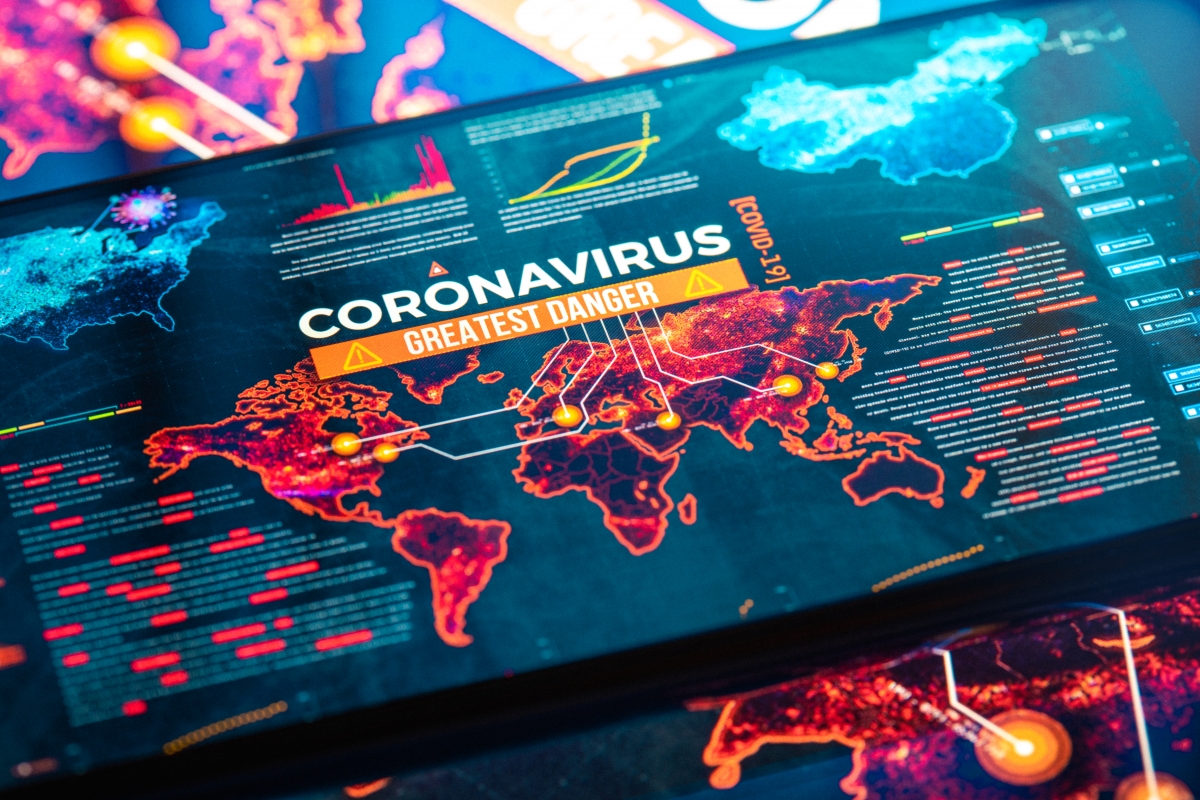
He Yafei: The COVID New (Ab)Normal: Cooperation a Necessity, Not an Option
The COVID-19 pandemic has been a game-changer in both domestic and global affairs which fundamentally reshaped ways of life, ways of production and the overall social fabric across the globe, overturned globalization 1.0, thus leading us into a more anarchic and riskier world for years to come.
2020-09-14 -
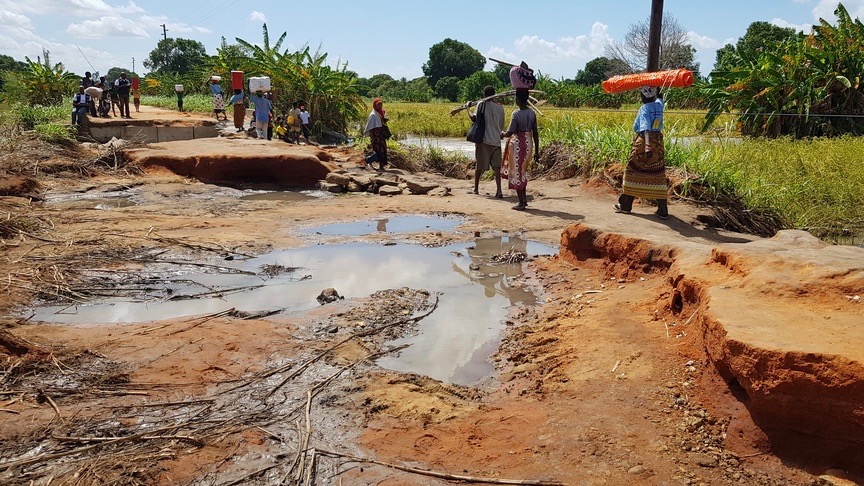
Vijay Prashad: Multinationals and oil companies are imposing their greed on the people of Mozambique
Three years ago, on October 5, 2017, fighters with the Al Sunnah wa Jama’ah (ASWJ) entered the town of Mocímboa da Praia in northern Mozambique. They attacked three police stations, and then withdrew. Since then, this group—which has since proclaimed its allegiance to the Islamic State—has continued its battle, including capturing the port of Mocímboa da Praia in August 2020.
2020-09-14 -
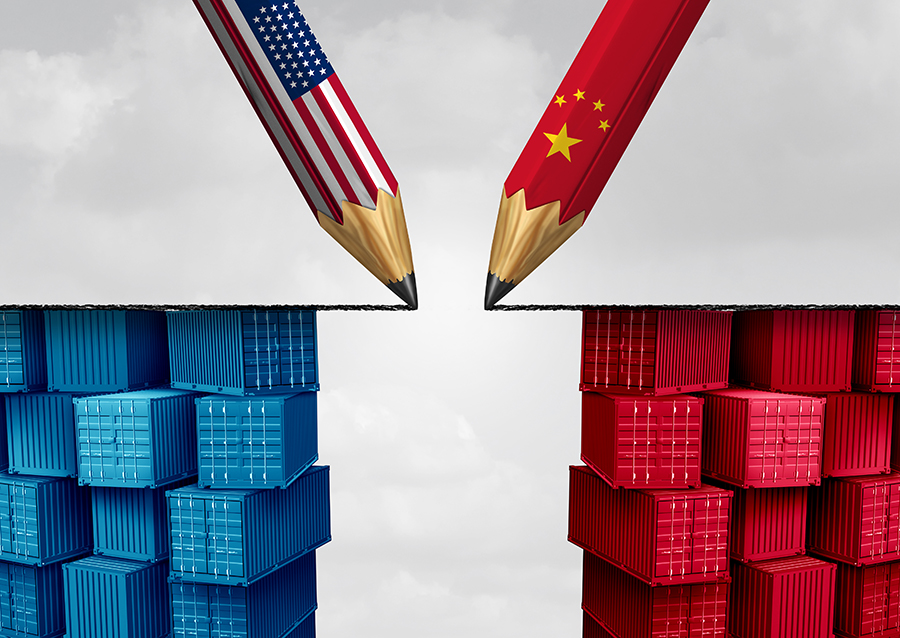
Zhao Minghao:Trump’s Second-Term China Policy
At the recent Republican National Convention in the United States, Donald Trump accepted his party’s presidential nomination and made an acceptance speech. Ignoring objections, Trump chose to conduct election campaign activities at the White House in a bid to appeal to the electorate with the grandeur of the scene topped with inflammatory language.
2020-09-11 -
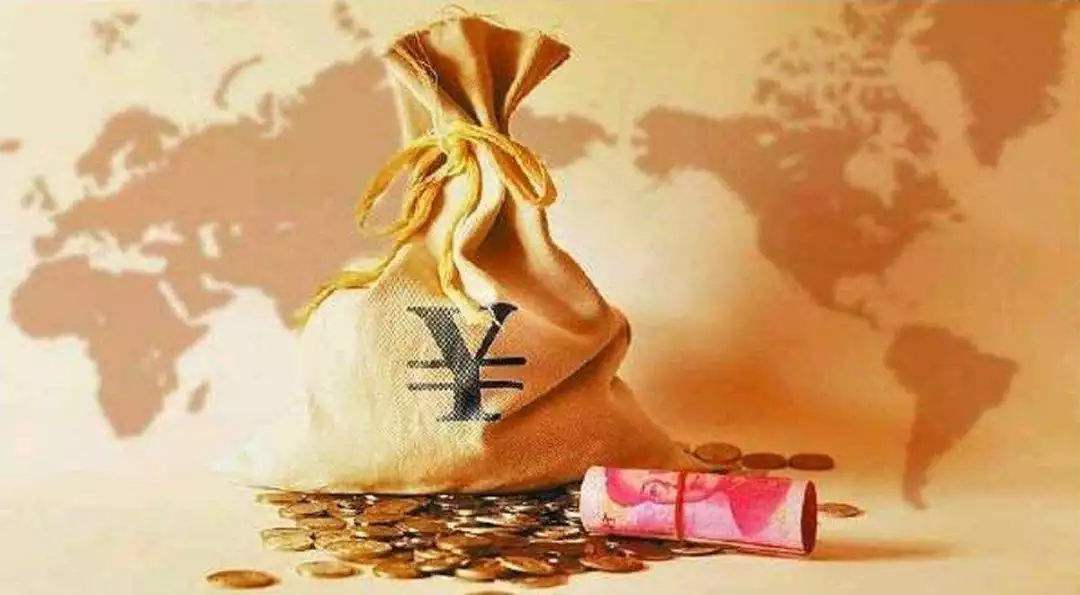
Banking Sectors Of US, China To Prove Resilient Despite Posting Huge Losses In Profits
The banking industries of the United States and China, the two largest global economies, which are currently embroiled in a trade dispute, will make it through the COVID-19-induced crisis despite a huge slump in profits, analysts told Sputnik.
2020-09-11 -
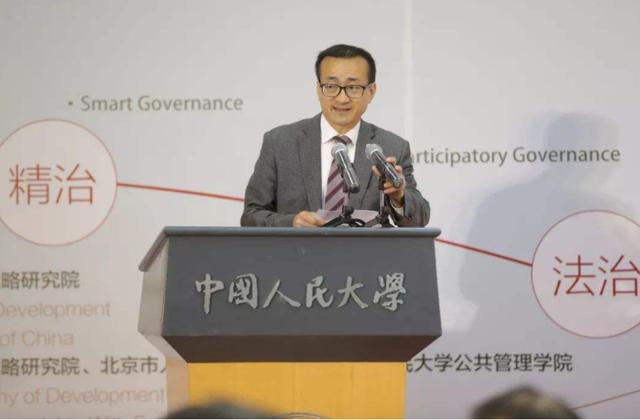
Liu Yuanchun:Don’t believe the predictions of big-name economists. Keynes and Fisher are examples
Vice President of Renmin University of China Liu Yuanchun said at the 2020 Global Wealth Management Forum that it is difficult for a large number of economists and even wise men to see what is behind them. He cited the great economic crisis of 1929 as an example, and said that all the scholars and economists did not predict it, including the founders of macroeconomics. Keynes. In addition, Fisher, the best financial theory and trader in the United States at the time, called his students and friends to enter the stock market in 1928, and the crash in 1929 made him almost jump off the building.
2020-09-10 -
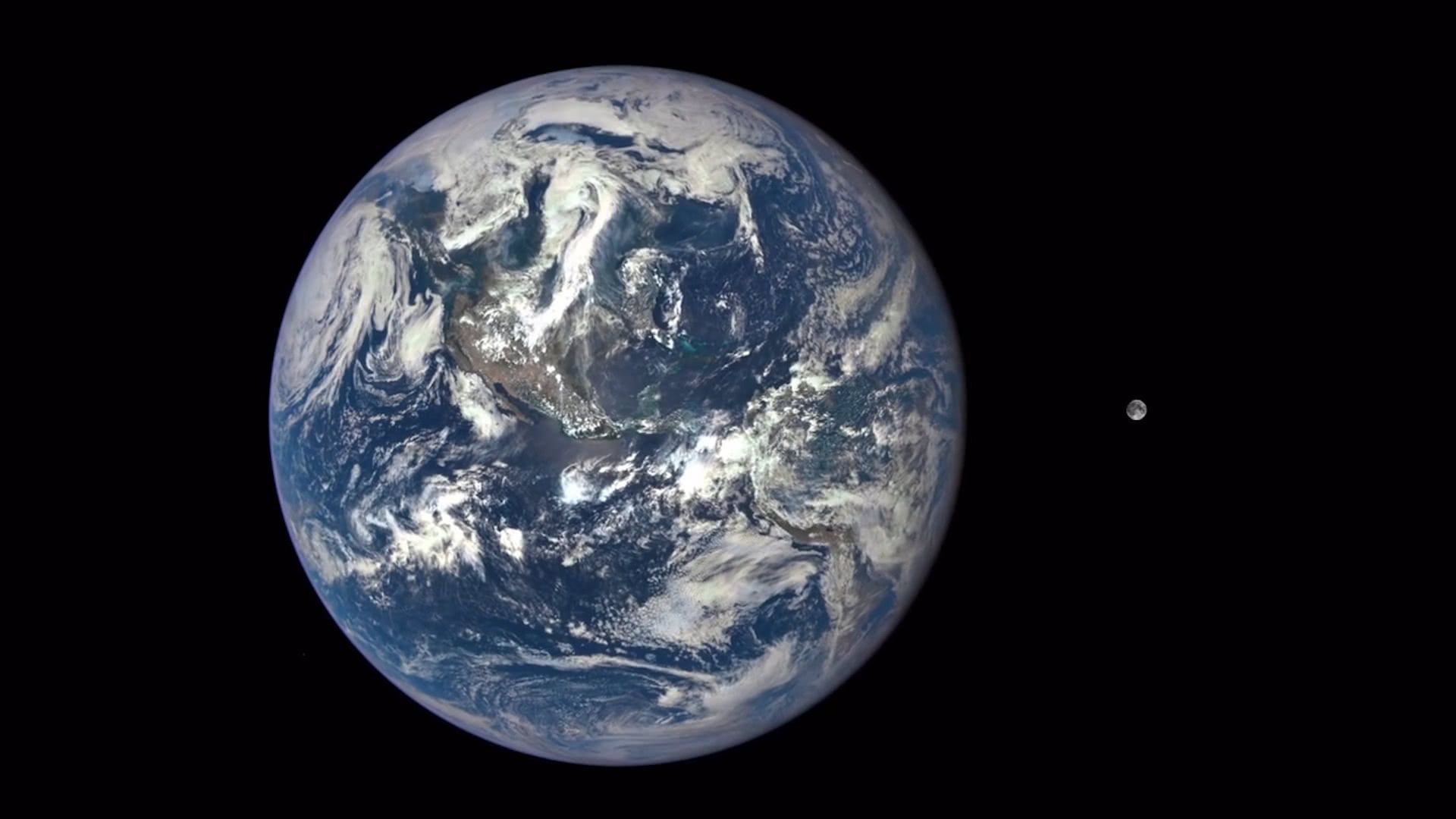
DANILO TÜRK : Distilled wisdom of history
Ideology is an inherent part of politics and has a significant impact on policymaking.However, at the international level, there is a strong need to move beyond ideology and define common objectives for states and adequate conceptual frameworks for cooperation.
2020-09-09 -

Lin Minwang: India”beat back and rake”! India has prepared for the worst, China cannot underestimate the situation
As we all know, the current tensions on the Sino-Indian border are caused by India’s rebellion and treachery, which seriously violated the relevant agreements, agreements and agreements between the two countries. Important consensus. So, before this, what consensus has China and India reached? In the next period of time, what direction will the Sino-Indian border tensions develop?
2020-09-08 -
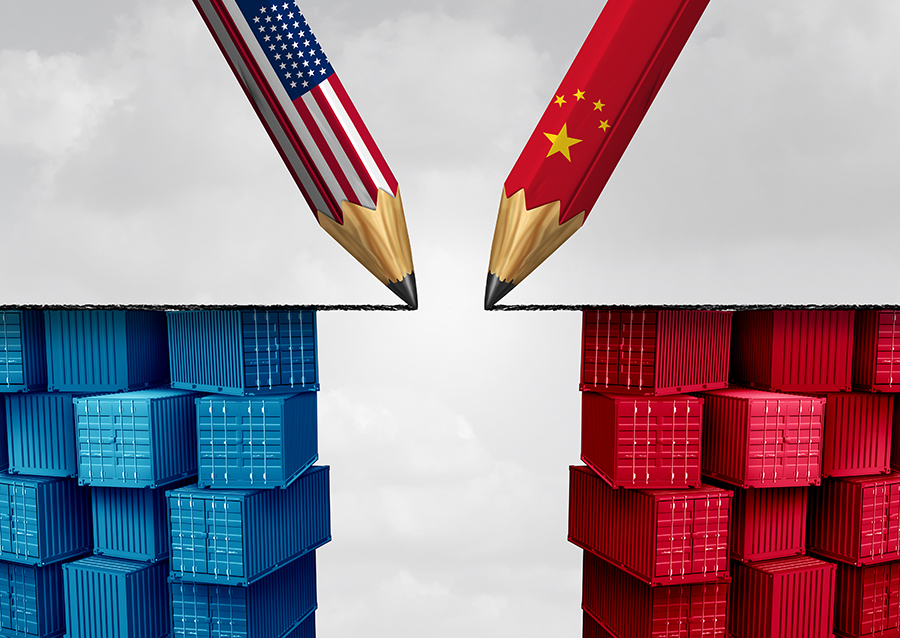
Experts decry Washington's policy toward China, calls for dialogue
The United States should learn to adjust to an ever-developing China, said Wang Wen, executive dean of Chongyang Institute for Financial Studies at Renmin University of China
2020-09-08 -
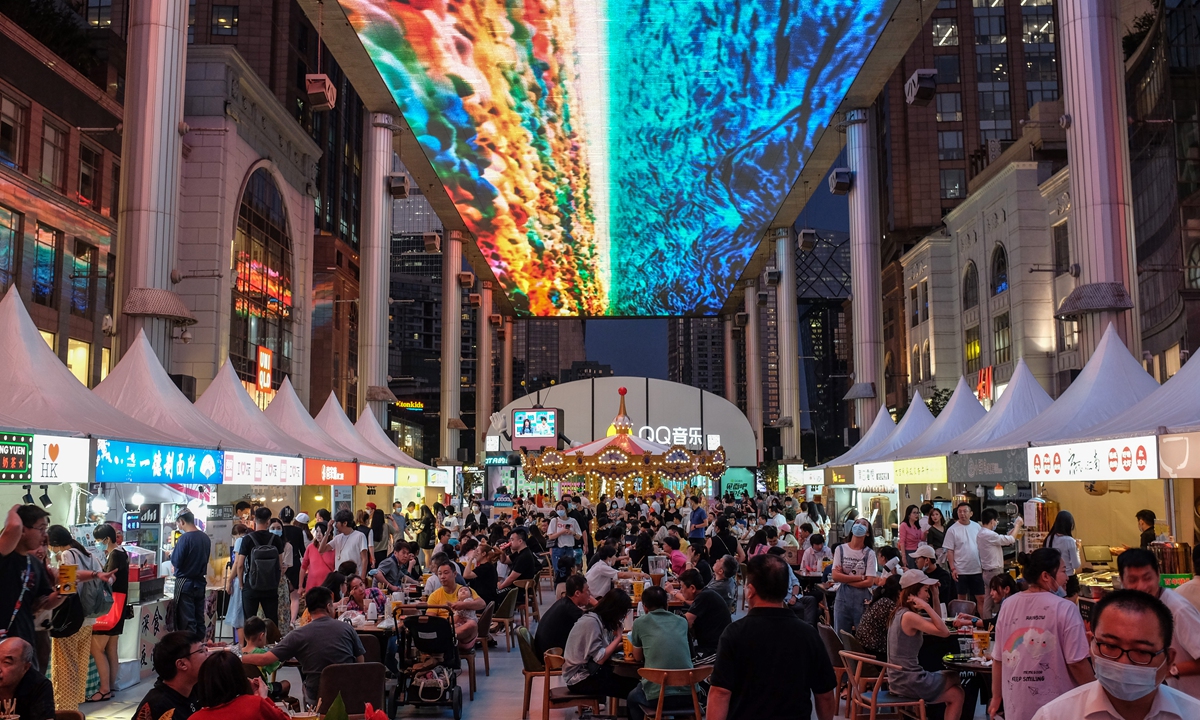
Wang Wen:West needs to change its China narrative
I once thought that I could not run or do mountaineering anymore. My ankle sprain kept recurring after running multiple marathons and climbing multiple peaks over the past three years. I have paid a heavy price for my radical way of exercising. As I have recovered after several months of treatment and recovery, I stop showing off or going to the extremes, but rather pursue only a healthy lifestyle.
2020-09-08 -
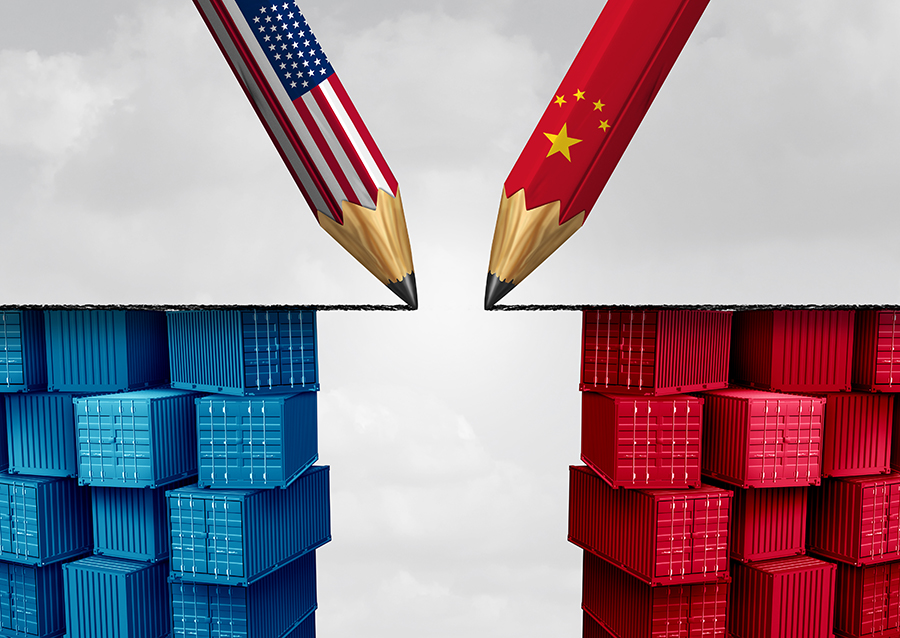
Experts decry Washington's policy toward China, calls for dialogue
Experts attending an international online forum criticized the current U.S. policy toward China, and called for dialogue and cooperation between the two major countries to address common challenges facing mankind such as the coronavirus.2020-09-08 -

Liu Yuanchun:Understanding "dual circulation" and what it means for world
Ever since China's top leadership floated the new economic development pattern of "dual circulation" in May, the market is abuzz with interpretations of how the model will work and its knock-on effects on the pandemic-rattled global economy.Defined as a policy that "takes the domestic market as the mainstay while letting internal and external markets boost each other," the model has been viewed by analysts as a viable solution for China to build up resilience against external shocks and share its opportunities for development with the rest of the world.
2020-09-07 -
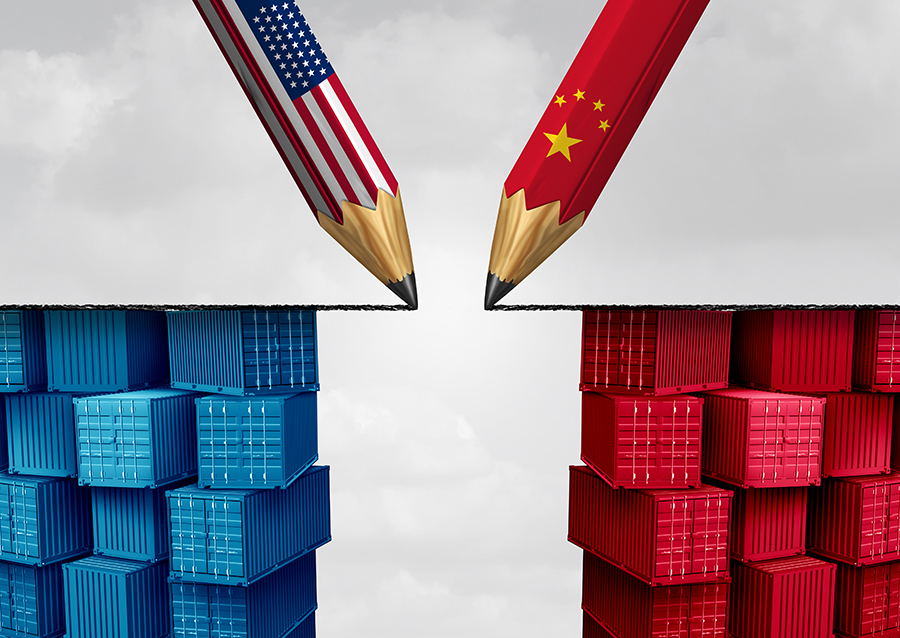
He Weiwen: Sprinkling Cool Water on the Fire
Chinese Vice-Premier Liu He, U.S. Trade Representative Robert Lighthizer and U.S. Treasury Secretary Steve Mnuchin had an online dialogue reviewing the implementation of the phase one trade deal and ended on a positive note, with both the Chinese and American sides endorsing the current progress and agreeing to keep the deal on track.
2020-09-07 -
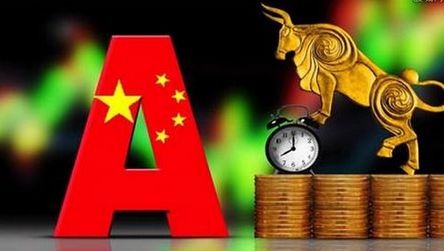
Wu Xiaoqiu: How can China's capital market opening up to a higher level?
As an important part of the financial services industry, China's capital market has been increasingly open in both directions in recent years.At the 2020 China International Trade in Services Fair held here, attention has been paid to how China's capital market opening level can be improved.
2020-09-07 -
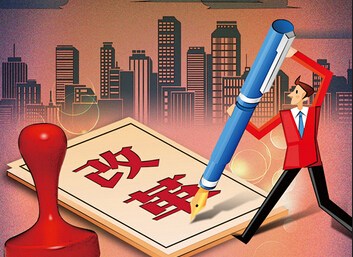
Key meeting emphasizes dual circulation as feature of deeper-level reform
Presiding over the 15th meeting of the central committee for deepening overall reform on Tuesday, Chinese President Xi Jinping stressed that accelerating the establishment of a new development pattern featuring dual circulation, which takes the domestic market as the mainstay and allows domestic and foreign markets boost each other, is a systematic deep-level reform concerning the overall situation of the country.
2020-09-04 -

Vijay Prashad : Whistleblower who revealed truth about Iraq War set to face court
The true reason for the arrest was never the charge in Sweden; it was the desire of the U.S. government to have him brought to the United States on a range of charges. On April 11, 2019, the UK Home Office spokesperson said, "We can confirm that Julian Assange was arrested in relation to a provisional extradition request from the United States of America. He is accused in the United States of America of computer-related offenses."
2020-09-04 -
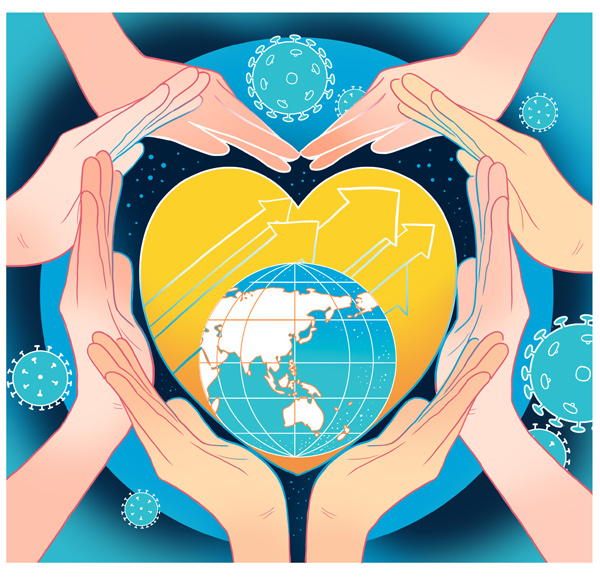
Zlatko Lagumdzija : World must unite to overcome crisis
Today we are not under attack by coronavirus because of our state, ethnic, racial or religious identity, but our status as human beings.That is why we should ask ourselves if we want to put an end to the human race by dividing along ideological, national, religious or racial lines, or united as humanity in search of a shared future and society through more dialogue, tolerance, learning and understanding.
2020-09-04 -
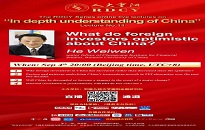
【2020-09-04】The RDCY Series online live lectures on "In depth understanding of China", Lecture 11. What do foreign investors optimistic about China?
When: September 4th (Friday) 20:00 (Beijing time, UTC+8)
He Weiwen, Senior Fellow of Chongyang Institute for Financial Studies, Renmin University of China. He used to be deputy editor in chief of International Business Newspaper, Economic and Commercial Counsellor of Consulate General in San Francisco and New York. His main areas of research include BRI and China's policy of opening up to the outside world for a long time, including globalization, global governance, the US economy, Sino-US economic and trade relations and so on. And has published a large number of research articles or speeches.2020-09-03 -

Zhou Rong: Hail CPEC entering the 2nd stage
Major initiatives of CPEC include 2,700 km long road network extending from Gwadar port to Khunjrab Pass through KKH, construction of 1,100 km long Karachi-Lahore Motorway, upgradation of 1,687 km long ML-1 railway line extending from Karachi to Peshawar for modernization of transportation network, development of a dry port in KPK, 820 km long China Pakistan Cross Border Fiber Optic Project (Rawalpindi-Khunjrab), around 10,000 MW power generation projects, 660 KV HVDC Matiari-Lahore transmission line, and network of pipelines to transport LNG and oil including a $ 2.5 billion Gwadar-Nawab Shah pipeline to transport gas from Iran.
2020-09-02 -
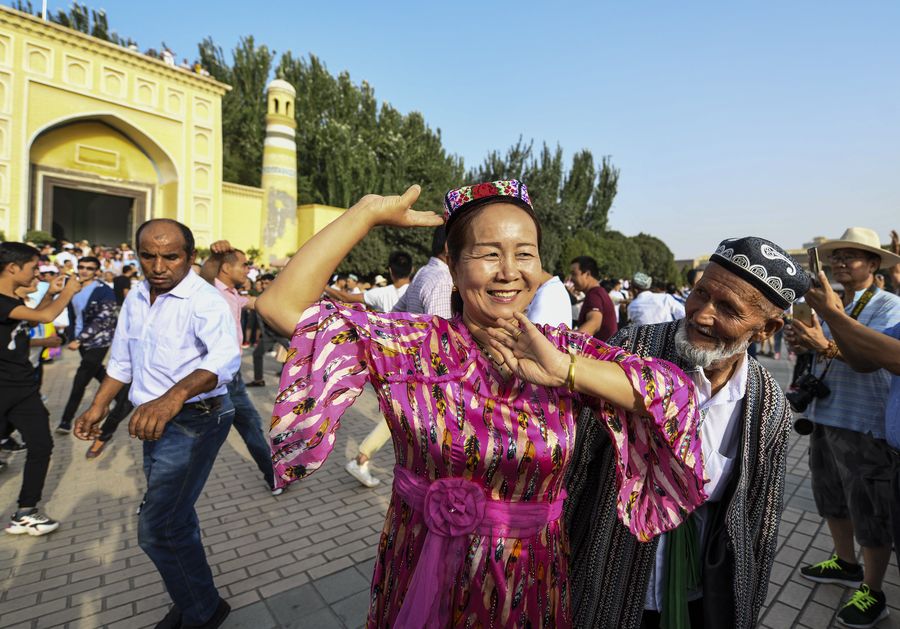
William Jones:Xinjiang 'camps' – more fake news
U.S. media outlet BuzzFeed recently released "satellite images" of large buildings being built in Xinjiang. It is not clear what entity actually took the pictures, what they are actually pictures of, or where they are located.
2020-09-02
























































































 京公网安备 11010802037854号
京公网安备 11010802037854号





